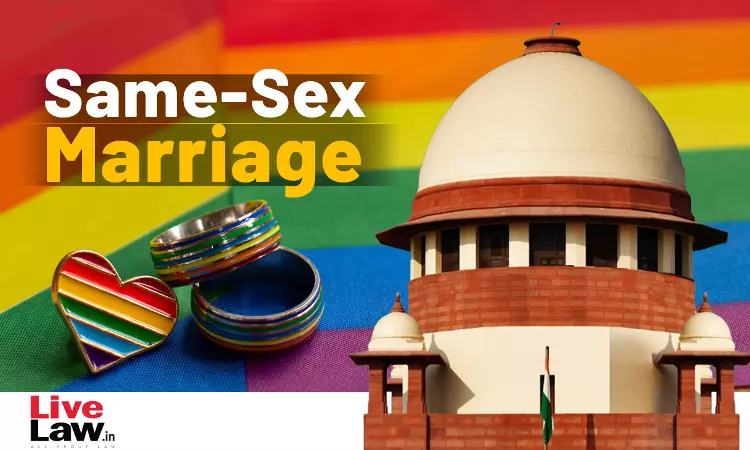Same Sex Marriage | Will Not Deal With Marriage Equality In Personal Laws Now: Supreme Court
Padmakshi Sharma
18 April 2023 9:11 PM IST

Supreme Court Expresses Disinclination Towards Dealing With Marriage Equality In Personal Laws For Now
Next Story
18 April 2023 9:11 PM IST
